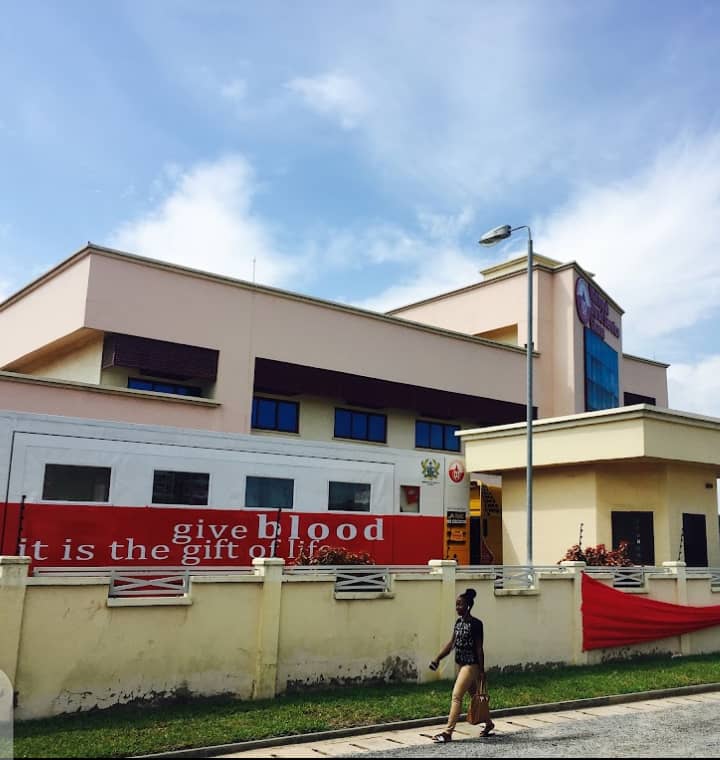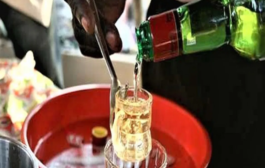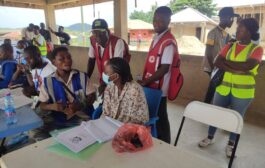Despite frequent public education on the need to voluntary donate blood to save lives, only two people shown up from January to June 2023 at Asamankese Government Hospital in the Eastern Region to donate blood.
Contrarily, no one voluntary walked in to donate blood to the Hospital in first quarter of 2021 and 2022 respectively.
This was revealed in mid year performance review report.
Within the quarter, total blood received by family replacement was 737 compare to 773 in first quarter in 2022 and 554 in 2021.
As at 14th September 2023, there was no blood in the Hospital’s Blood Bank because the one received through family replacement were issued to Patients.
Ghana has still not been able to achieve the 100 per cent voluntary blood donation status as required by the World Health Organisation (WHO), despite the various interventions over the years to achieve the target.
The National Blood Service Ghana (NBSG) operates as an agency of the Ministry of Health of Ghana, mandated to ensure access to safe and adequate blood and blood components and related blood services towards the attainment of universal health coverage in Ghana.
However statistics from the WHO indicates that only 62 countries globally get close to a 100 per cent of their national blood supplies from voluntary unpaid blood donations, with thirty four others still dependent on family replacement blood donors.
World Blood Donor Day which is Officially designated as an annual event by the World Health Assembly in 2005 is celebrated throughout the world on 14th June.
The Day provides a special opportunity to celebrate and thank voluntary blood donors around the world for their gift of blood and has become a major focus for action towards achieving universal access to safe blood transfusion.
Source:Mybrytfmonline/ Mensah Atakora


















































